How to attract pollinators to your yard and garden
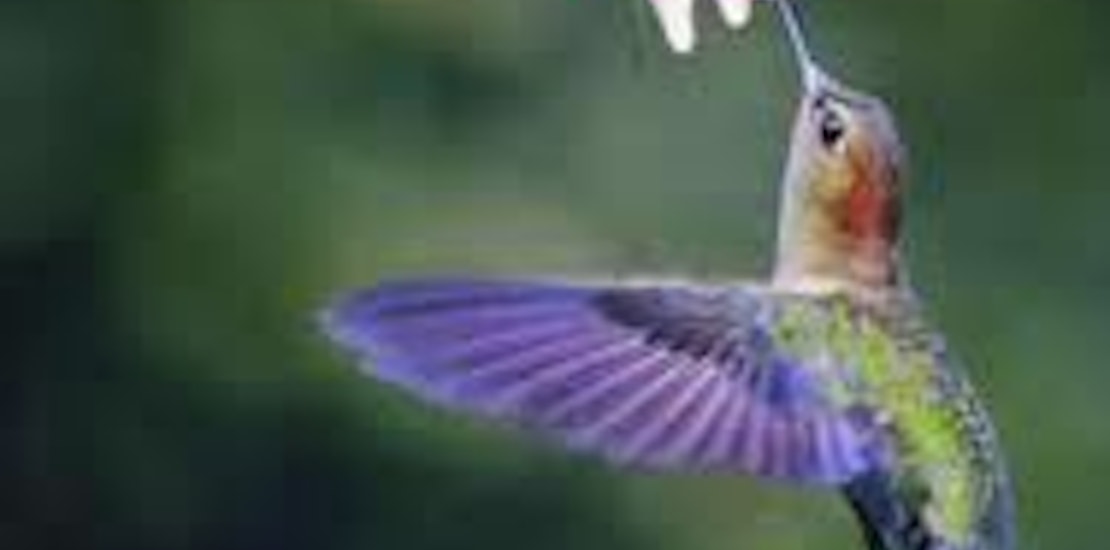
I love getting out into the garden and playing in the dirt. It really doesn’t matter to me if I’m growing a tomato, a basil plant or a pot of marigolds. There is just something extremely rewarding about seeing things grow that I’ve had a part in and to watch it grow from seed to plant and then flower and bloom is a fantastic sight.
While I love having a garden, it can be challenging at times too. I remember many times watching my pear tree come into bloom or watching that flower bloom in the vegetable garden but seeing no fruit form after the flower bloomed. The flower forming is just part of the growth process. If the flower isn’t pollinated, no fruit or vegetable will form from that flower. Almost all plants require pollinators to set seed or fruit. That’s why it’s so important to attract pollinators to your yard and why stories of Colony Collapse Disorder (bees) and White Noise Syndrome (bats) are so disturbing. Birds, bats and bees are major pollinators.
There are ways that you can attract pollinators to your yard or garden to encourage them to help pollinate your plants. The more welcoming we make our yard to these pollinators, the better chance we have of having a successful garden. Here are a few ways you can encourage each type of pollinator to visit your yard.
Birds
1. Set out bird feeders near your garden and flowering plants. Once the birds recognize that there’s a consistent source of food, they’ll make your yard a daily stop.
2. Provide a bird bath for them to play and drink in. Make sure you change the water frequently so it doesn’t attract mosquitoes.
3. Not all birds nest in bird houses but you can encourage some birds to return by giving them a place to nest in. Another choice would be to leave a downed tree or bush in your back yard for birds to set in.
4. Plant a pollinator garden to attract hummingbirds. They’re typically attracted to bright red, purple and pink flowering plants like scarlet runner beans, bee balm (monarda), and red columbine.
Butterflies and insects
Not all insects are bad. Butterflies are not only beautiful but useful pollinators.
1. Butterflies are attracted to certain flowers more than others. Try planting aster, butterfly bush, or cosmos to provide the nectar they need.
2. Butterflies also need certain plants to provide food for their babies (caterpillars). Those plants include things like sunflower, daisy and Queen Anne’s lace.
3. Never use pesticides in your garden. Yes, they’ll kill the bugs you don’t want in your garden but they’ll also kill the good bugs.
4. You can also attract more insects to your area by providing a butterfly house or a bee box for them to nest in.
Bats
Bats are a little harder to encourage to stay in your yard. They may fly through looking for dinner but to get them to stay is another thing.
1. Use a bat house to encourage them to spend the night. Check up on the proper height and placement before you hang it. Bats are very picky.
2. Use outdoor lighting to attract night flying insects that bats eat. Try a solar light to minimize the impact on our environment and your electric bill.
3. Bats love to eat moths so plant plants that attract moths which will include Joe Pye weed and evening primrose. Bats are also attracted to fruit so consider a berry bush or apple tree.
4. Bats need water and shelter too so they’ll be attracted to your birdbath in the evening. Consider planting hedges or leave some brush growing around the border of your yard to give them shelter from predators.
Have fun with your garden. I’ve seen some truly gorgeous hummingbird gardens that surround a hummingbird feeder and bird bath. These should be enjoyable places for you too so consider a garden bench or stone walk way through the garden so you and your family can enjoy the area too.
Make a Comment
 by
scentednights | CASTLETON, VT
by
scentednights | CASTLETON, VTThanks so much. I'm glad I offered some helpful suggestions. It can be so frustrating to put in all that hard work and not get anything out of your garden. Good luck growing!
 by
BandLmommy | arlington, TX
by
BandLmommy | arlington, TXWhat a wonderful post!! I have been wanting to start my very own garden in my backyard but have been discouraged when I keep hearing about family/friends not getting their plants to produce. Not only will I keep this in mind for my future garden but I am going to share with my loved ones as well!!!






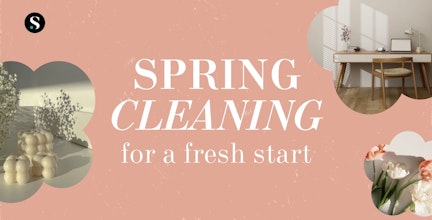
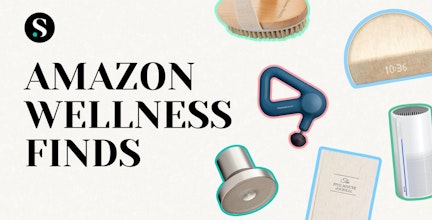
_10242023164832.jpg?max-w=432&max-h=220&fit=crop&auto=format)

_08172023152001.jpg?max-w=432&max-h=220&fit=crop&auto=format)
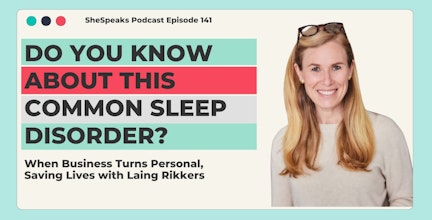

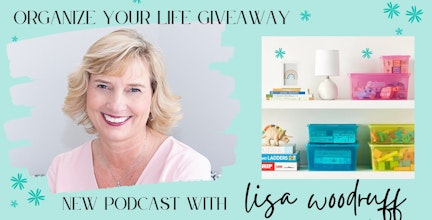
 (3)_04112023125932.jpg?max-w=432&max-h=220&fit=crop&auto=format)
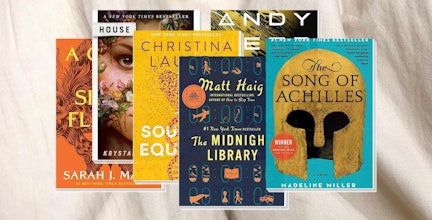

_01252024061712.jpg?max-w=432&max-h=220&fit=crop&auto=format)

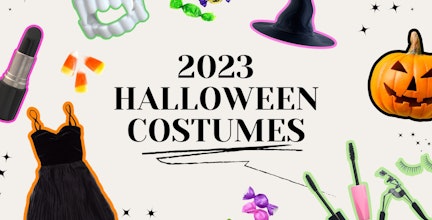
 (6)_07082023175312.jpg?max-w=432&max-h=220&fit=crop&auto=format)
 (1)_05192023144508.jpg?max-w=432&max-h=220&fit=crop&auto=format)
 (37)_05032023114523.jpg?max-w=432&max-h=220&fit=crop&auto=format)
 (36)_04272023152113.jpg?max-w=432&max-h=220&fit=crop&auto=format)